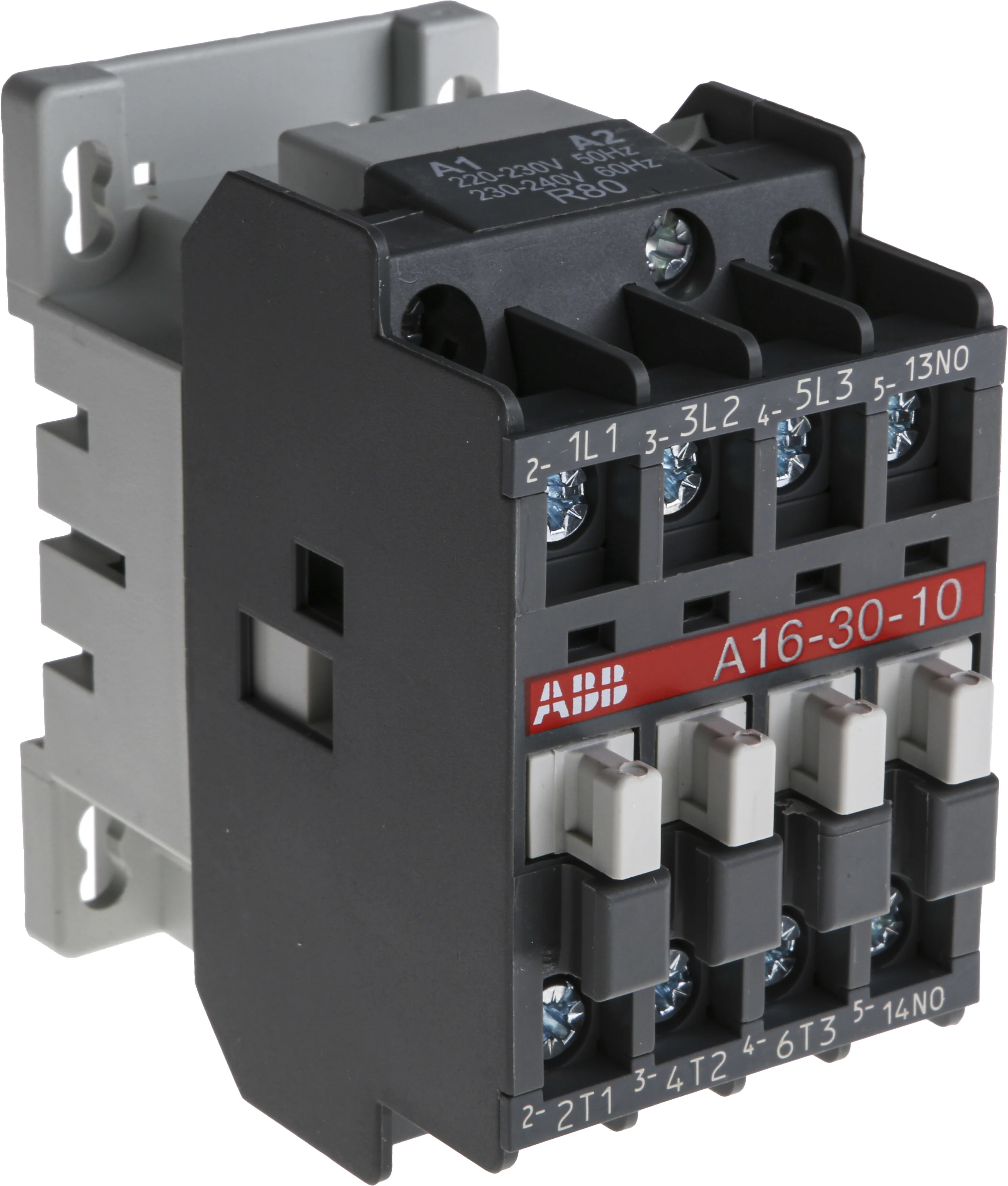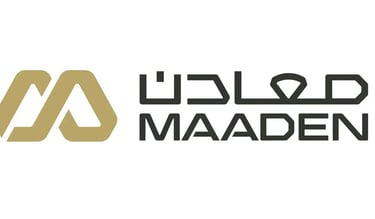
Contactor
Switchgear & Control Components
$20.00
A contactor is a special type of relay used for switching an electrical circuit on or off. They are most commonly used with electric motors
### Understanding Electrical Contactors Electrical contactors are crucial components in the control of electrical circuits, acting much like a switch. They are designed to manage the flow of electricity to various devices—commonly in industrial, commercial, and residential applications. This overview aims to shed light on what electrical contactors are, how they operate, their applications, and the benefits they provide. #### What is a Contactor? A contactor is an electrically-controlled switch used for switching an electrical power circuit, similar to a relay but with higher current ratings. They consist of a set of contacts which are opened or closed by an electromagnetic coil. The coil is activated by a control voltage, which may be supplied by a control device such as a timer, pushbutton, or even a programmable logic controller (PLC). #### How Do Contactors Work? The operation of a contactor is fairly straightforward: 1. **Energizing the Coil**: When a control signal is sent to the contactor, the coil is energized, creating a magnetic field. 2. **Closing the Contacts**: This magnetic field attracts an armature, which closes the contacts and allows electricity to flow through the circuit. 3. **De-energizing the Coil**: When the control signal is removed, the coil de-energizes, the magnetic field collapses, and springs push the armature back to its original position, opening the contacts and cutting off electricity. This mechanism allows contactors to handle and control large power loads without the need for direct manual intervention. #### Types of Contactors There are several types of contactors designed for different applications: - **AC Contactors**: Specifically designed for alternating current loads, often used in commercial and industrial applications. - **DC Contactors**: Designed for direct current applications, allowing for the control of DC motors and loads. - **Motor Starters**: These contactors come with built-in overload protection, specifically used to start and stop electric motors safely. #### Applications of Contactors Electrical contactors are used widely across various sectors, including: 1. **Industrial Automation**: They control motors, lights, and other devices in manufacturing and processing plants. 2. **HVAC Systems**: Used to control air conditioning units and heating systems, ensuring system reliability and efficiency. 3. **Lighting Control**: They enable the control of large lighting systems in buildings, allowing for remote operation and automation. 4. **Starter Circuits**: Often used in motor starter circuits to protect motors against overload situations. 5. **Power Distribution**: Contactors facilitate electrical distribution in power grids and other utility applications. #### Advantages of Using Contactors 1. **Remote Control**: Contactors allow operators to control devices from a distance, enhancing safety and convenience. 2. **Safe Operation**: By controlling the high voltage with a low voltage signal, contactors prevent hazards associated with direct handling of high-power equipment. 3. **Durability**: Designed for high performance, contactors have a long lifespan and can handle frequent operations without failure. 4. **Integration with Automation Systems**: They easily integrate with PLCs and other control systems, making them a cornerstone of modern automation. 5. **Overload Protection**: Many contactors come equipped with protection mechanisms that prevent electrical faults from damaging connected equipment. #### Choosing the Right Contactor When selecting a contactor for a specific application, consider the following factors: - **Current and Voltage Ratings**: Ensure the contactor can handle the required load without overheating. - **Number of Poles**: Choose how many circuits need to be controlled—typically, contactors come in 1-pole, 2-pole, and 3-pole configurations. - **Type of Load**: Different types of loads, such as resistive or inductive, may require different contactor models. - **Environmental Conditions**: In situations where contactors are exposed to harsh environments, look for models rated for specific conditions. #### Conclusion In summary, electrical contactors play a pivotal role in controlling electrical circuits. Their ability to manage high power loads safely and efficiently makes them invaluable in industrial and commercial applications. Understanding how they work and their various applications can help operators implement more effective control strategies, enhance safety, and improve overall operational efficiency.
and lighting applications.
Keep Connected With Us
Global Contact
Explore
© 2025. All rights reserved.
Follow
Vendor Partnerships
News & Insights
Sustainability










